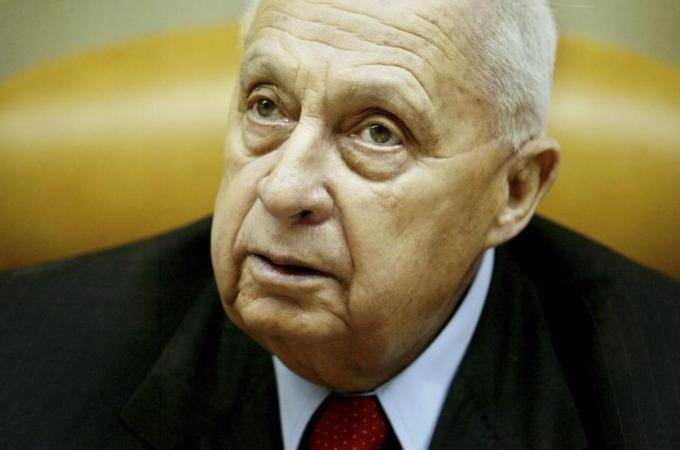I'M sure the palestinians will give out candy n sweets...

Israel prepares for death of ex-PM Sharon
Doctors treating Sharon say his life is in danger and his vital organs are suffering from critical malfunction.
Last updated: 03 Jan 2014
Preparations have begun for the state funeral of the critically ill former Israeli prime minister Ariel Sharon, officials have said.
Dr Zeev Rotstein, director of Tel Hashomer hospital in Tel Aviv, said on Thursday that Sharon's health had deteriorated during the past two days and vital organs were suffering from a critical malfunction.
Sharon had made clear that he preferred to be buried at his Negev home, Sycamore Ranch, next to his late wife, Lily, and not in the traditional grave-site for former prime ministers on Mount Herzl in the capital, according to The Jerusalem Post.
The newspaper reported on Friday that the Prime Ministers office would handle arrangements for a funeral together with Sharons sons, Gilad and Omri, who were at their father's hospital bedside.
Rotstein said earlier that his family and doctors treating him believed that the 85-year-old had taken a turn for the worse.
"He is in a critical condition and his life is definitely in danger," Rotstein said.
Burial delay
...
Israel prepares for death of ex-PM Sharon - Middle East - Al Jazeera English

Israel prepares for death of ex-PM Sharon
Doctors treating Sharon say his life is in danger and his vital organs are suffering from critical malfunction.
Last updated: 03 Jan 2014
Preparations have begun for the state funeral of the critically ill former Israeli prime minister Ariel Sharon, officials have said.
Dr Zeev Rotstein, director of Tel Hashomer hospital in Tel Aviv, said on Thursday that Sharon's health had deteriorated during the past two days and vital organs were suffering from a critical malfunction.
Sharon had made clear that he preferred to be buried at his Negev home, Sycamore Ranch, next to his late wife, Lily, and not in the traditional grave-site for former prime ministers on Mount Herzl in the capital, according to The Jerusalem Post.
The newspaper reported on Friday that the Prime Ministers office would handle arrangements for a funeral together with Sharons sons, Gilad and Omri, who were at their father's hospital bedside.
Rotstein said earlier that his family and doctors treating him believed that the 85-year-old had taken a turn for the worse.
"He is in a critical condition and his life is definitely in danger," Rotstein said.
Burial delay
...
Israel prepares for death of ex-PM Sharon - Middle East - Al Jazeera English

